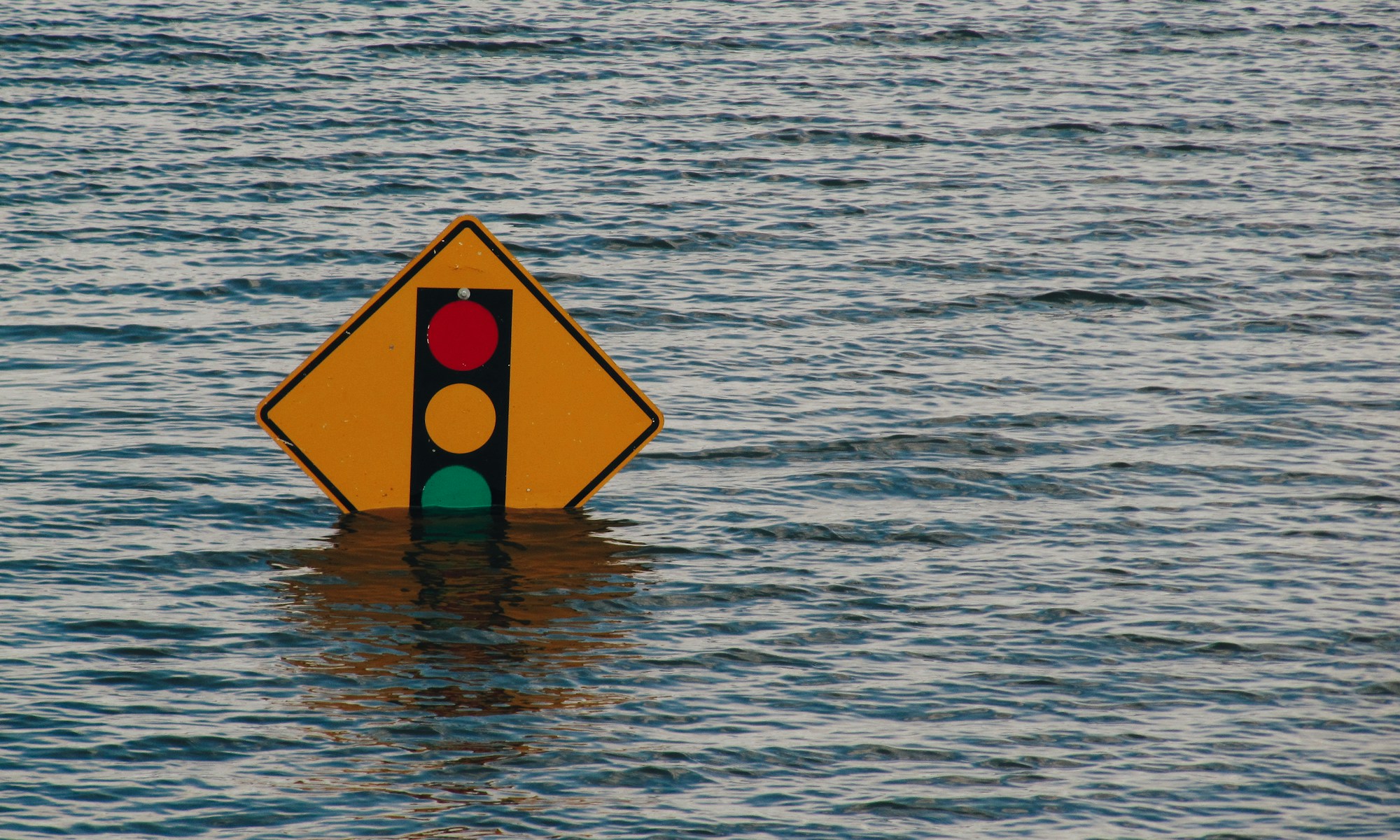16 September 2021 – by Evelyn Workman
In mid-July devastating floods hit several European countries, leading to widespread destruction. Record rainfall in many regions, in particular across Germany, Belgium and the Netherlands, caused rivers to burst their banks. There have been at least 229 fatalities as a result of the floods.
Germany was hit with the most devastating consequences of the flooding. With 184 deaths reported, the floods are the most deadly natural disaster in Germany since the North Sea flood of 1962. The brunt of the destruction was witnessed in the district of Ahrweiler, Rhineland-Palatinate, where heavy rainfall caused the river Ahr to overflow, destroying many buildings and causing at least 110 deaths. It was reported by the German Weather Service that some areas witnessed the heaviest rainfall in a century.
In the Netherlands, the river Maas in the region of Limburg reached its highest summertime level in over 100 years. The town of Valkenburg aan de Geul was one of the worst hit in the region, with damages assessed to be €400 million, and 700 homes rendered uninhabitable.
Meanwhile, in Belgium, all 200,000 residents of the eastern city of Liège were urged to evacuate on 15th July due to concerns that the river Meuse would burst its banks. Rainfall was most intense in the east of the country, with records hitting almost 3 times the average rainfall for the month of July.
While many factors contributed to the floods, scientists say that a warming climate makes extreme rainfall more likely. In the aftermath of the flooding, German chancellor Angela Merkel has called for Germany to step up its fight against climate change. Belgian Prime Minister Alexander De Croo declared 20 July a national day of mourning for the lives lost. He said that this disaster “could be the most catastrophic flooding our country has ever seen.”
World Meteorological Organization (WMO) spokesperson, Clare Nullis, has stated that under future climate change scenarios we will continue to witness more extreme weather events such as intense rainfall. Nullis has urged more climate action from all countries, saying: “We need to step up climate action, we need to step up the level of ambition”.



